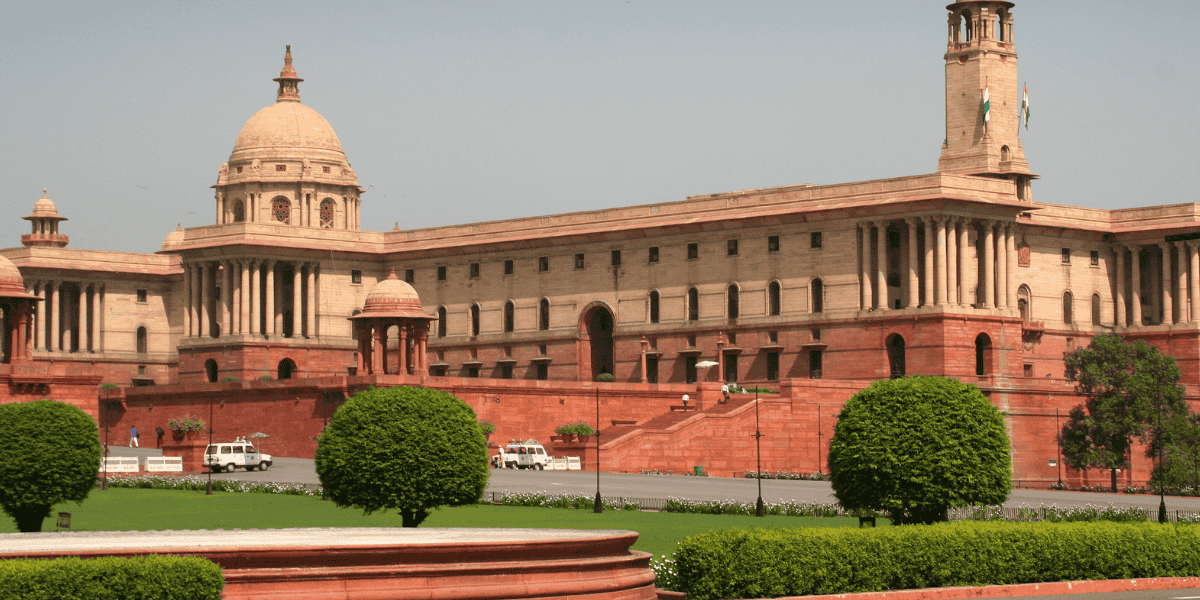India’s Finance Minister Nirmala Sitharaman presented the Finance (No. 2) Bill, 2024 (the Bill) to Parliament on 23 July, 2024. The Bill includes several proposals aimed at reforming the corporate tax framework.
Corporate income tax
New tax structures for foreign shipping companies : The Finance (No. 2) Bill, 2024 proposes a reduction in the corporate income tax (CIT) rate for foreign foreign shipping companies from 40% to 35%.
Capital gain tax: The Finance Bill introduces changes to the capital gains tax structure by reducing the holding periods to just 12 months for listed securities and 24 months for other assets.
The bill simplifies the determination of long-term and short-term capital gains; notably the holding period for long-term capital gains on bonds, debentures, and gold will drop from 36 months to 24 months.
The bill also proposes a hike in short-term capital gains tax rates for listed equities and certain mutual funds from 15% to 20%, while increasing long-term capital gains tax rates from 10% to 12.5%.
The new structure is set to take effect on 23 July 2024.
Abolishment of angel tax: The Finance Bill proposes to eliminate Section 56(2)(viib) of the IT Act, commonly referred to as the “Angel Tax” provision. This section currently taxes private and unlisted public companies on the excess amount received over the fair market value (FMV) when issuing shares at a premium, classifying the surplus as income from other sources.
The removal of this provision, effective 1 April 2024, aims to ease the financial burden on startups and encourage investment by eliminating the additional tax on capital raised above FMV.
Withholding tax: The Bill introduces reduced withholding tax rate on e-commerce payments from 1% to 0.1% and on commissions or brokerage from 5% to 2%.
Additionally, it proposes new presumptive income tax rules for non-resident cruise operators, expanded tax incentives for the International Financial Services Centre (IFSC), an amnesty scheme for dispute resolutions, and a reduction in the reassessment period from 10 years to 5 years.
The changes will be effective from 1 October, 2024.
The Direct tax VIVAD SE VISHWAS Scheme 2024: In response to the increasing excess of appeals under the IT Act, the Finance Bill introduces the Direct Tax Vivad se Vishwas Scheme, 2024, following the success of the 2020 scheme. The initiative aims to reduce litigation and expedite the settlement of disputed tax issues.
The previous scheme, which launched for appeals pending as of 1 January 2020, saw taxpayer participation and revenue gains. This new scheme seeks to replicate that success, providing a streamlined resolution mechanism.
The implementation and deadline dates for the scheme has not been announced as of yet.
Personal income tax
The Finance (No. 2) Bill 2024 proposes a new personal income tax regime effective 1 April 2024, with revised tax slabs and rates:
- Income up to INR 300,000: Nil
- Income between INR 300,001 and INR 700,000: 5%
- Income between INR 700,001 and INR 1,000,000: 10%
- Income between INR 1,000,001 and INR 1,200,000: 15%
- Income between INR 1,200,001 and INR 1,500,000: 20%
- Income above INR 1,500,000: 30%
The Bill will come into effect once it is enacted into law.















